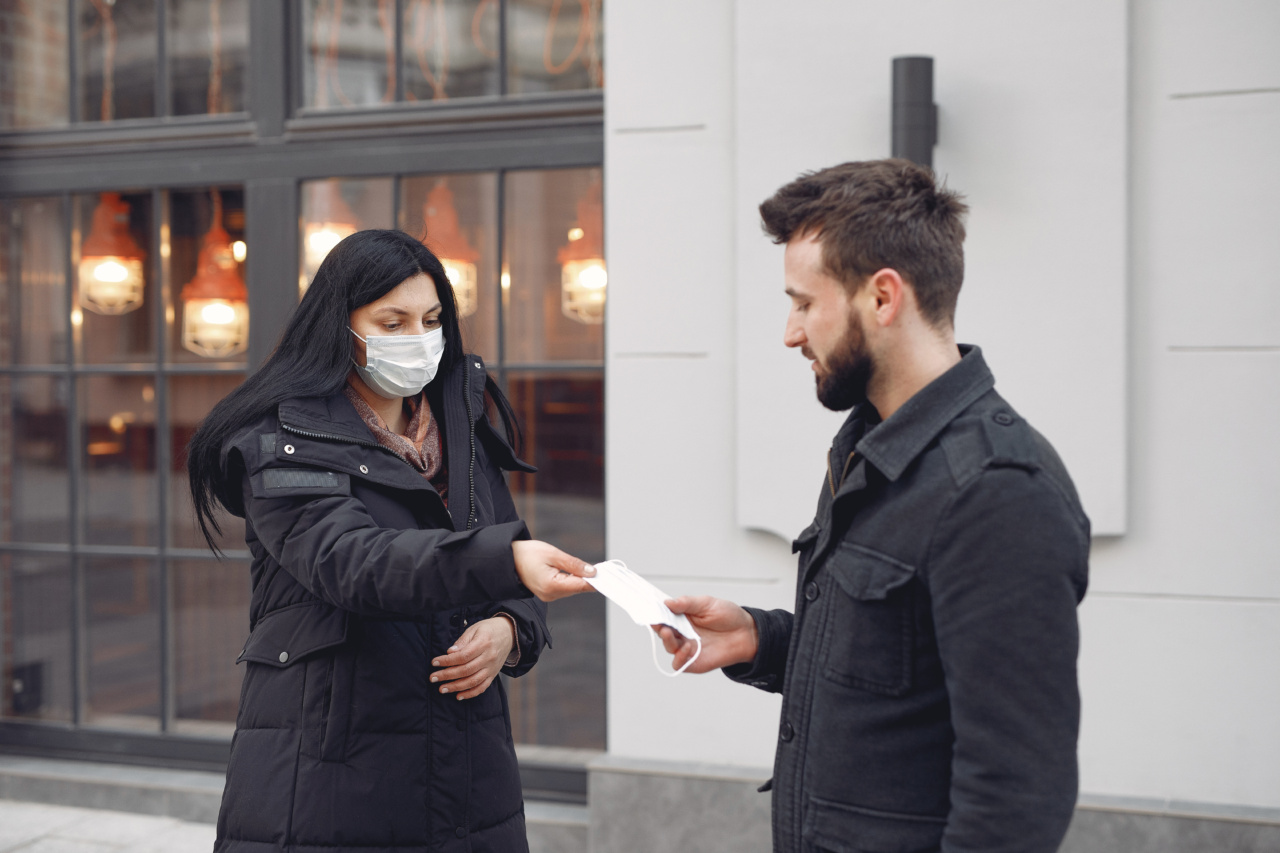Cold and flu infections are highly contagious respiratory illnesses that can spread easily from person to person.
The contagious period varies for each individual and depends on several factors, including the type of virus, the effectiveness of the immune system, and the individual’s overall health. Understanding when cold and flu infections are no longer contagious is vital to prevent the further spread of these illnesses and protect others.
In this article, we will explore the duration of the contagious period for cold and flu infections, as well as provide tips on how to prevent their spread and recover faster.
Common Cold: Contagious Period and Duration
The common cold is primarily caused by rhinoviruses, although other viruses can also contribute to cold-like symptoms.
The contagious period for the common cold typically starts one to two days before symptoms begin and can continue for up to two weeks after initial exposure or until the symptoms have subsided. However, the highest risk of contagion usually occurs during the first three days after symptoms appear.
Symptoms of the common cold include a runny or stuffy nose, sneezing, sore throat, cough, mild headache, and low-grade fever.
It is important to note that each person may experience a different combination of symptoms, and the severity can vary from mild to more severe.
Influenza: Contagious Period and Duration
Influenza, commonly known as the flu, is caused by influenza viruses. This respiratory infection can cause more severe symptoms compared to the common cold, such as high fever, body aches, fatigue, and respiratory distress.
The contagious period for the flu typically begins one day before symptoms appear and can last for around five to seven days after the onset of symptoms.
It is important to note that some people, especially those with weakened immune systems or certain medical conditions, may remain contagious for a longer period.
Additionally, children and individuals with compromised immune systems may shed the flu virus for an extended duration, even after symptoms have resolved.
Preventing the Spread of Cold and Flu Infections
Preventing the spread of cold and flu infections is crucial to protect yourself and others from illness. Here are some essential tips to minimize the risk of transmission:.
1. Practice Hand Hygiene
Regularly washing your hands with soap and water for at least 20 seconds is one of the most effective ways to prevent the spread of cold and flu viruses.
If soap and water are unavailable, use an alcohol-based hand sanitizer with at least 60% alcohol content.
2. Cover Your Mouth and Nose
When coughing or sneezing, always cover your mouth and nose with a tissue or the bend of your elbow. This practice helps prevent respiratory droplets from spreading into the surrounding environment and potentially infecting others.
3. Avoid Close Contact
Avoid close contact with individuals who have cold or flu symptoms. If possible, maintain a safe distance of at least six feet from someone who is coughing, sneezing, or demonstrating other common symptoms.
4. Stay Home if Sick
If you are experiencing cold or flu symptoms, it is important to stay home, rest, and avoid contact with others. This not only prevents the spread of the infection but also allows your body to recover more rapidly.
5. Disinfect Surfaces
Regularly clean and disinfect frequently-touched surfaces, such as doorknobs, light switches, and countertops. This practice helps eliminate any lingering viruses and minimizes the risk of transmission.
6. Boost Your Immune System
Maintaining a healthy immune system can help protect you from cold and flu infections. Make sure to eat a balanced diet, engage in regular physical activity, get enough sleep, manage stress levels, and consider taking immune-boosting supplements.
Recovering from Cold and Flu Infections
Recovering from cold and flu infections involves allowing your body to rest and heal while managing your symptoms. Here are some tips to help you recover faster:.
1. Stay Hydrated
Drink plenty of fluids, such as water, herbal teas, and clear broths, to stay hydrated. This helps thin mucus secretions and soothes a sore throat.
2. Get Adequate Rest
Your body needs sufficient rest to fight off the infection. Aim for at least 7-9 hours of quality sleep each night and take short naps throughout the day if needed.
3. Manage Symptoms
Over-the-counter medications can help relieve specific symptoms, such as nasal congestion, sore throat, or fever.
However, always consult with a healthcare professional before taking any medication, especially if you have underlying medical conditions or are currently taking other medications.
4. Use a Humidifier
Using a humidifier or a steamy shower can provide relief for nasal congestion and soothe irritated airways. Moist air helps to ease breathing and reduce coughing.
5. Gargle with Warm Saltwater
Gargling with warm saltwater can help relieve a sore throat. Dissolve half a teaspoon of salt in a glass of warm water and gargle for 30 seconds before spitting it out.
6. Avoid Smoking and Secondhand Smoke
Smoking and exposure to secondhand smoke can further irritate the respiratory system and delay the healing process. It is best to avoid smoking and ask others not to smoke around you.
Conclusion
Knowing when cold and flu infections are no longer contagious is essential to prevent their spread and protect others from getting sick.
The contagious period for the common cold can last up to two weeks, while the flu is typically contagious for around five to seven days after symptom onset. Practicing proper hand hygiene, avoiding close contact with sick individuals, and staying home when ill are all effective measures to prevent transmission.
Additionally, maintaining a strong immune system, practicing good respiratory etiquette, disinfecting surfaces, and following healthy habits can promote faster recovery. By being mindful of the contagious period and taking necessary precautions, we can collectively reduce the burden of cold and flu infections in our communities.































